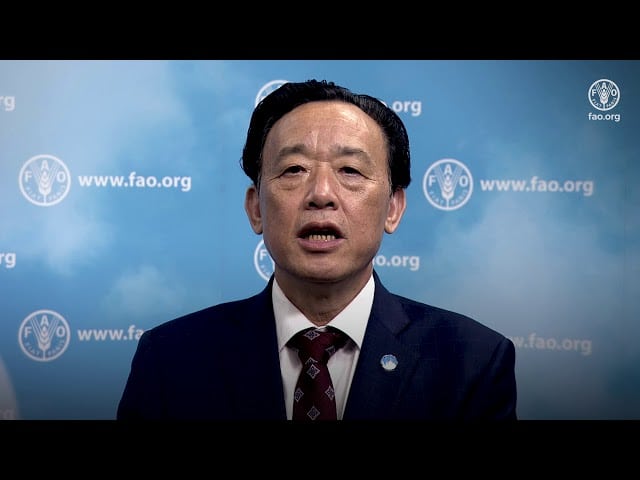The Food and Agriculture Organization of the United Nations (FAO) has signed a new partnership agreement with Rabobank. The purpose of this agreement is to help targeted rural communities benefit from more inclusive and sustainable food systems. It also envisages jointly exploring the use of innovative financial instruments to bridge financing gaps in emerging markets . This is done to promote sustainability in food systems investments.
FAO and Rabobank will work with key food and agriculture sectors on a series of projects . This will help lower greenhouse gas (GHG) emissions, improve land and water use, and empower smallholder farmers to address the challenges of climate change and reduction of food losses. Special attention will be paid in ensuring the inclusion of poor, vulnerable and marginalized groups, including women and youth.
The collaboration will begin with a review of the dairy sector in two pilot countries, India and Kenya. The objective will be to reduce food losses in and promoting a transition to more sustainable food systems. The dairy sector has an important role to play in food systems transformation, as it contributes to food security and nutrition. It also provides livelihoods for a number of actors along the food value chain. Though dairy production also contributes to greenhouse gas emissions, it holds huge potential for improvement.
About partnership
The project will focus on improved land and water use, lowering greenhouse gas emissions and food loss. It would also increase the resilience of farmers and small-scale businesses,” said FAO Director-General QU Dongyu.
COVID-19 has shown us that our food systems need a ‘new normal’,” said Berry Marttin, Board Member of Rabobank. “We need to identify and analyze finance gaps and debate short and long supply chains. We must focus on innovative ways to reward sustainability investments, such as implementing ‘nature costing’, a pricing structure that reflects food’s environmental impact. Rabobank is the leading bank in food and agriculture, but also a cooperative bank. We believe in working together. By partnering with FAO, we can mobilize our complementary expertise and networks to contribute to real food system transformations.”
The partnership will also map agricultural supply chains to identify opportunities for green finance hotspots in emerging markets. It will also explore the possibility of environmental or climate finance programming incentives that reward farmers and small agribusinesses for adopting GHG emission reduction technologies and practices.

